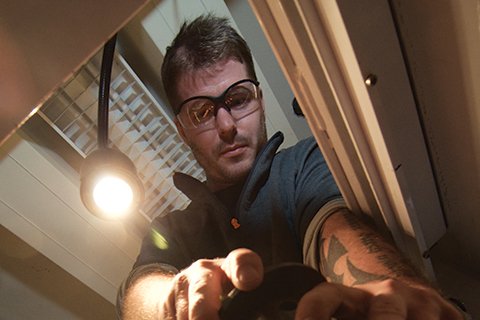Department of Earth and Environmental Sciences
The Department of Earth and Environmental Sciences is involved in scientific research, education, and community service. For more than 125 years, the department has made major contributions toward understanding the Earth's physical and chemical evolution. It has worked to discover solutions to the planet's environmental problems by combining the geosciences with engineering, other physical and biological sciences, and public policy.
Tradition of excellence
Founded in 1874, the Newton Horace Winchell School of Earth and Environmental Sciences is named for N. H. Winchell who made numerous contributions to the study of geology. Among prominent faculty and alumni are a hydrologist who redefined the study of wetlands and lakes, the head of one of the foremost rock mechanics laboratories, several pioneers in the field of rock and crystal chemistry, and a president of the American Association of Petroleum Geologists.
World-class academic programs
Maintaining its core strengths in geology, geochemistry, and geophysics, the undergraduate degree in earth sciences (formerly geology and geophysics) adopted a new curriculum emphasizing environmental geology, geobiology, and hydrogeology in 2010, preparing students for careers in geosciences. The graduate program involves both Ph.D. and master's students who work closely with faculty to develop skills in independent research.
Cutting-edge research
Research strengths focus on both solid-earth and earth-surface dynamics, ranging from physical and chemical transformation investigations in the Earth’s interior to human interactions with landscapes. The department shares the N.H. Winchell School of Earth and Environmental Sciences with several research centers, including those devoted to climate and environmental changes study, the origin and applications of rocks and minerals magnetism, and understanding how landscapes and ecosystems interact and evolve.
Business and industry connections
The Minnesota Geological Survey, a University outreach center, provides the state with earth-science research, maps, information, and education. Department faculty advise state agencies and communities on waste disposal, lake restoration, groundwater protection, natural resources conservation, and more.

